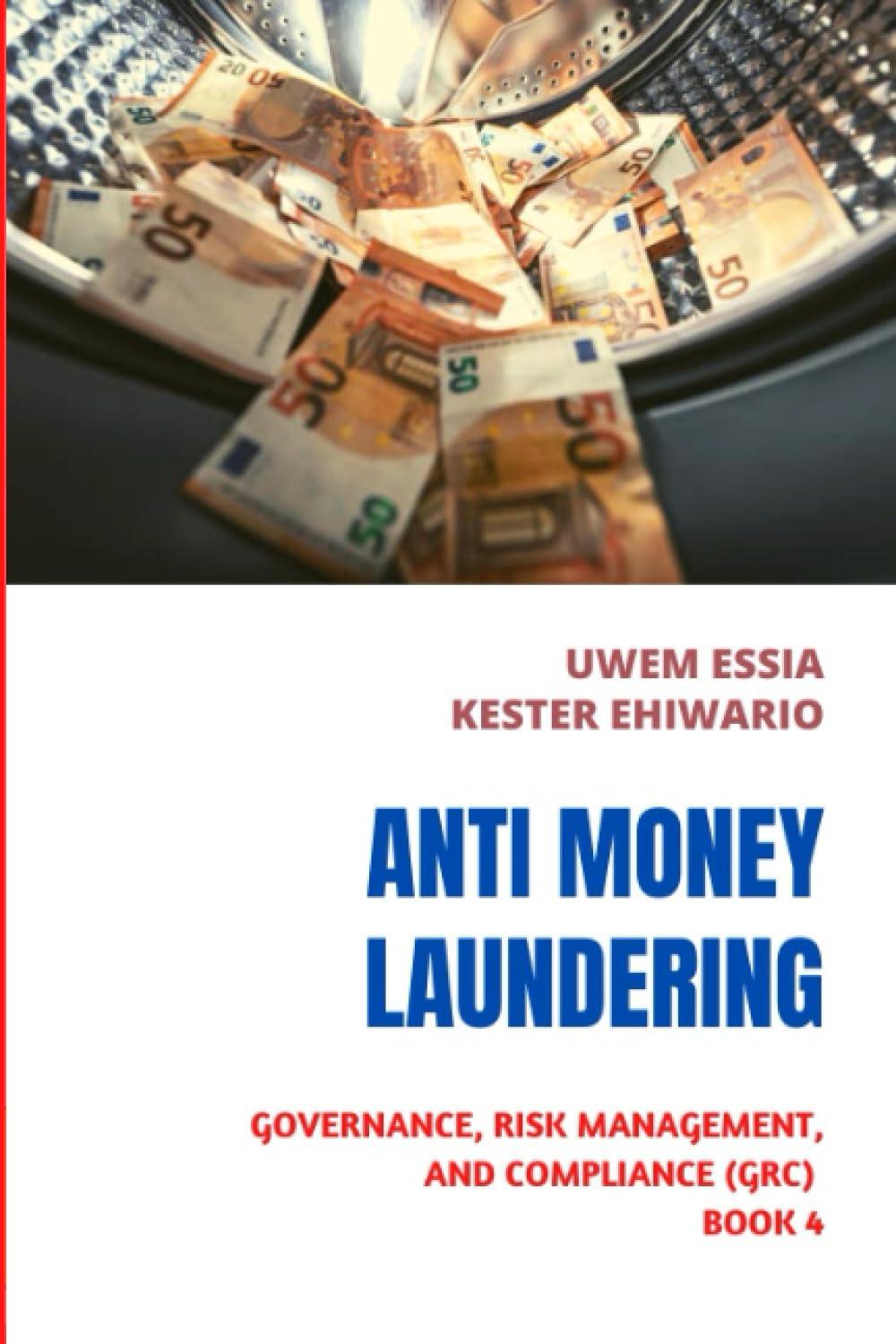Answered step by step
Verified Expert Solution
Question
1 Approved Answer
Audit Procedures for Income Taxes When conducting an audit of income taxes, auditors employ various procedures to ensure the accuracy and completeness of tax -
Audit Procedures for Income Taxes
When conducting an audit of income taxes, auditors employ various procedures to ensure the accuracy and completeness of taxrelated information reported by a company. These procedures help assess the company's compliance with tax regulations and identify any potential tax liabilities or risks. Here are some common audit procedures for income taxes:
Review of Tax Returns: Auditors start by examining the company's tax returns for the period under audit. They compare the reported figures with underlying accounting records to detect any discrepancies or inconsistencies.
Analytical Procedures: Auditors perform analytical procedures to assess the reasonableness of tax provisions and other taxrelated accounts. This involves comparing current year figures with prior years, industry benchmarks, and budgeted amounts.
Interviews and Inquiry: Auditors interview key personnel responsible for tax matters within the company to gain insights into the tax reporting process. They inquire about significant transactions, changes in tax laws, and any potential tax contingencies.
Inspection of Documents and Records: Auditors inspect various documents and records, including financial statements, supporting schedules, tax filings, and correspondence with tax authorities. This helps verify the accuracy and completeness of reported tax information.
Testing of Internal Controls: Auditors evaluate the effectiveness of internal controls related to tax compliance. They may test controls over tax calculations, reporting, and documentation to assess the risk of material misstatement.
Verification of Deferred Tax Assets and Liabilities: Auditors verify the existence and valuation of deferred tax assets and liabilities recorded on the company's balance sheet. This involves assessing the probability of future tax benefits or obligations.
Review of Tax Planning Strategies: Auditors examine the company's tax planning strategies to ensure compliance with applicable tax laws and regulations. They assess the legitimacy of taxsaving initiatives and evaluate any associated risks.
Subsequent Events Review: Auditors review subsequent events occurring after the balance sheet date that may impact the company's tax position. This includes changes in tax laws, settlements with tax authorities, or new information affecting tax estimates.
Consideration of Uncertain Tax Positions: Auditors evaluate the company's uncertain tax positions and assess the adequacy of related disclosures. They consider the likelihood of favorable outcomes and potential implications for financial statement presentation.
Communication with Tax Specialists: Auditors may consult with tax specialists or legal advisors to address complex tax issues or interpret ambiguous tax regulations. This helps ensure thorough analysis and appropriate treatment of tax matters.
By performing these audit procedures diligently, auditors can provide reasonable assurance regarding the accuracy and reliability of income taxrelated information disclosed in the company's financial statements.
Now, let's proceed with the fillintheblank type question:
In the case study provided, the auditor conducted analytical procedures to assess the of tax provisions and other taxrelated accounts.
A Accuracy
B Completeness
C Reasonableness
D Timeliness

Step by Step Solution
There are 3 Steps involved in it
Step: 1

Get Instant Access to Expert-Tailored Solutions
See step-by-step solutions with expert insights and AI powered tools for academic success
Step: 2

Step: 3

Ace Your Homework with AI
Get the answers you need in no time with our AI-driven, step-by-step assistance
Get Started


